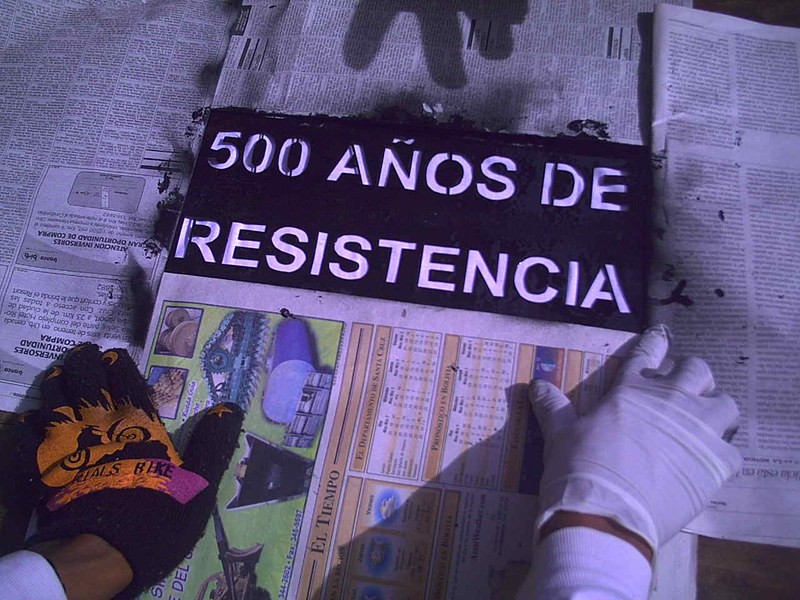Abstract
The article analyses the recognition of the “indigenous jurisdiction” (“indigenous justice”) in the Plurinational State of Bolivia. In the context of current Latin American reforms on indigenous rights, Bolivia’s relevance is due to the following reasons: (1) Bolivia is considered the Latin American country with the highest proportion of indigenous population. (2) The Bolivian State has recognised indigenous rights in a particularly broad way. (3) In Bolivia, laws have been passed to make these rights effective. In view of this, however, it is argued that the reforms to recognize the indigenous jurisdiction should be analyzed as a contradictory process of “ ethnicization” of indigenous legal practices. While they define this jurisdiction as an expression of ethnicity and culture, they ignore both its socio-economic foundations and the specific characteristics of politically fragmented societies. I will use empirical material to discuss some of the implications of this ethnicization in the example of the Guaraní of Bolivia. As will be seen, the legislation on indigenous jurisdiction, on the one hand, is inserted into government projects to codify and structure “cultural authenticity”. On the other hand, its application changes local legal practices and implies ambivalent processes of adaptation on the way to building autonomy.






